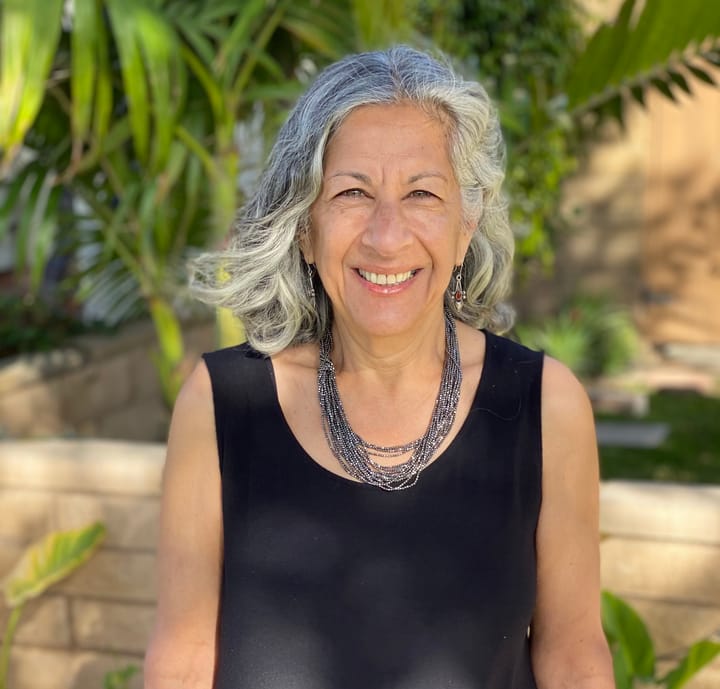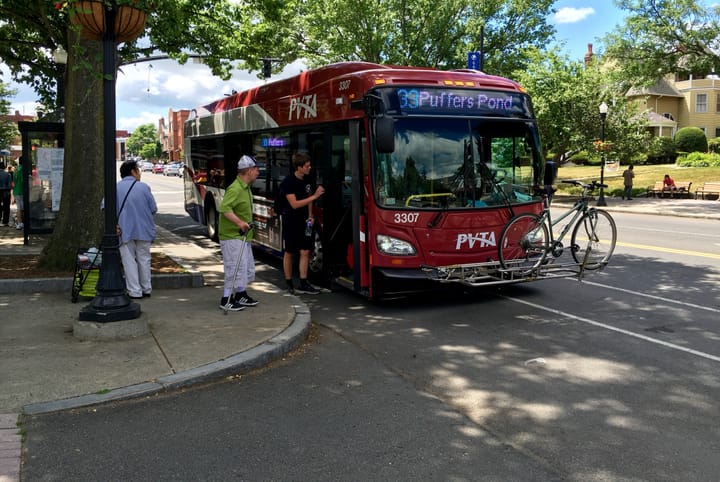Writing Center Narrows Focus to Academic Writing Support
The Writing Center is shifting away from non-academic writing support, as well as pausing many of its extracurricular projects. The changes are part of a new Strategic Plan, which aims to align the center’s priorities with the college’s Anti-Racist Action Plan.
As of late September, the Writing Center has decided to shift resources away from non-academic writing support, as well as pause many of its extracurricular projects, such as its creative writing circle and annual speaking contest. The changes come as part of a developing Strategic Plan to advance equity, access and justice, which aims to clarify the center’s priorities and align them with the college’s broader Anti-Racist Action Plan. Students, though generally optimistic about the changes, said that news of the plan came as a surprise to them and that they would like the anti-racist aspect of the plan to be more clearly communicated.
Before the recent changes, the Writing Center assisted students with application writing and personal writing projects, such as creative writing or essays for publication. According to Director of the Writing Center Jessica Kem, appointments for application writing have comprised about 12 percent of the Writing Center’s caseload over the past five years. Associates will now encourage students to make use of other resources on campus, such as the Loeb Center and the Fellowship Office, for their non-academic writing needs.
Such a shift is meant to focus resources on the center’s priorities as outlined in the new plan, amid the college’s over-enrollment and a consistently high demand for appointments. “The plan is about allowing us to focus on what matters most and what the Writing Center is most essentially here for, which is academic support,” said Kem. “It’s about prioritizing support for students with their writing, reading and speaking in the curriculum.”
Temporarily stopping the Writing Center’s extracurricular projects and non-academic support will also give it the “cognitive space” to “engage in meaningful, reflective assessment” of how it can contribute to promoting inclusivity, equity, and justice for all students, Kem stated. This is toward the plan’s stated goal of “understand[ing] and reduc[ing] barriers to equity, both in its own practices and as a part of the Amherst academic community.”
Avid users of the Writing Center were unaware that it was undergoing structural changes, but understood the rationale. “I don't really have a sense of how much of a burden it is on them to do non-academic writing, so it was surprising to me that they feel like getting rid of that … is this huge deal,” said Ryan Kyle ’23, who said she uses the Writing Center “on average, once a week, sometimes even twice a week.”
Charlie Sutherby ’22, who has used the Writing Center for application writing in the past, hopes that its “participatory approach to working on student writing” will be preserved. “My experience with places like the Loeb Center is that they’re less participatory and more transactional — instead of ‘Let’s sit down for an hour and hash this out together,’ it’s an email with ‘Here are my edits,’” he said.
“While that’s also helpful, it has definitely not been as strong of a learning experience for developing my writing skills,” continued Sutherby. “So, I would hope there’s some coordination with the resource centers to whom the non-academic [writing] is being transferred, so that the learning experience side of non-academic writing isn’t lost as a result of this change.”
Senior Writing Associate Kristen Brookes stressed that the Writing Center does not plan to reject any students who are seeking guidance — even if their writing needs are extracurricular. “We can’t imagine turning students away,” said Brookes. Kem added: “This transition is not about pushing students away, but actually about helping them make good decisions about ‘What are the right resources for what I'm doing?’”
Kyle noted that the Loeb Center has “beefed up” its resources for helping students with applications in recent years. Based on her conversations with Writing Center staff, she added that many feel that the Loeb Center staff is more qualified to help people with applications. “Especially when it pertains to particular career fields, that's just not [the Writing Center’s] specialty,” said Kyle.
Brookes agrees. She said that since the Writing Center’s founding in 2008, other resource centers on campus have been greatly expanded, filling gaps that were once the sole responsibility of the Writing Center. By communicating with other departments and administrators, she believes that the Writing Center will identify the forms of writing that are directly in its purview. This in turn will help students attain the best possible support, Brookes expressed.
The new plan also puts on pause a number of extracurricular programs that the Writing Center has facilitated over the years. These include projects such as a creative writing group, the Interterm creative writing residency, the annual February speaking contest and occasional one-off events. The pause on these activities is “indefinite,” according to Kem. “In time, we may reintroduce these programs if we find they would enhance how we meet our goals.” The Writing Center does still plan on hosting the 3MT: Three Minute Thesis competition for students to share their thesis research with a wide audience.
Students expressed a desire to see more specificity around the anti-racism aspect of the plan.“I can’t say I totally understand the connection between reducing non-academic writing usage and anti-racist pedagogy,” said Sutherby.
“Can’t creative writing be just as anti-racist (or more so) as any academic writing?” he continued. “I’m glad to see that the Writing Center is assessing their own role in developing a more equitable campus, but I wonder if there are more concrete/relevant things they could be evaluating with regard to DEI… One of their goals is that all students have ‘access’ to individualized support, but maybe the focus should be less on the abstract of ‘access’ and more on the concrete of actual utilization rates.”
According to Kem, the plan is still in its early stages, so clarification around specific anti-racism goals will emerge with time. She stated that the center’s staff is “still figuring out how to describe this in a way that makes sense to students.”
As the Writing Center works toward these goals, it will be seeking student input to guide its programs and policy changes. The plan states that a student inclusion group will be launched to “inform and assess practices from a student perspective.” The center hopes to define the mission and expectations for the group by January, and hire students for it in the spring, said Kem.
In the meantime, staff encourage students to reach out with any concerns that they may have. “There are going to be gaps, there are going to be miscommunications, and if there are students who feel like the thing that they need is not available or not visible, then we would want to hear about that,” Kem communicated.




Comments ()